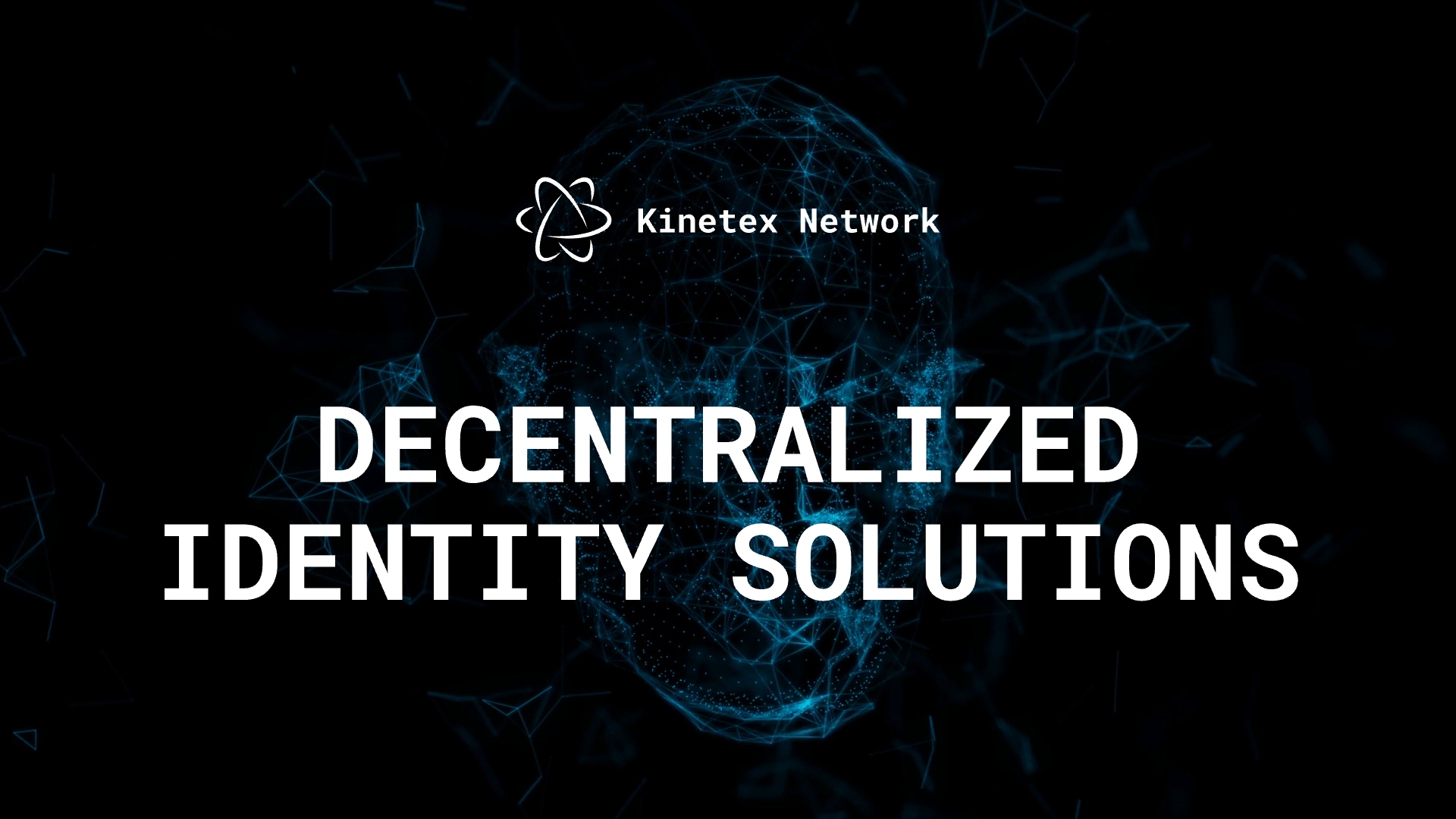Dubai, UAE, 27th April 2024, The topic of decentralized identity (DID) solutions is gaining traction as DeFi platforms continue to grow and evolve. DIDs provide users with the ability to control their personal information and digital identities while engaging with DeFi platforms and other blockchain-based applications. In doing so, these solutions offer greater trust and transparency, which is vital for the blossoming of the DeFi industry.

Privacy & Security
Of course, the main advantage of DIDs is improved privacy and anonymity. DID solutions allow users to oversee their digital identities and decide how much may be revealed. To ensure a user-controlled approach, DID solutions leverage cryptography, blockchain, zero-knowledge, and other decentralized technologies that help validate identity without compromising it or storing essentially copies of it on each platform. It dramatically contrasts standard identity systems, where personal information is stored in centralized databases controlled by either a platform or a third party, having a say in sharing it when and with whom they see fit, including marketing firms. Besides privacy concerns, such centralization approaches expose users to data breaches and identity fraud.
To safeguard the privacy and provide secure authentication methods, DID solutions employ zero-knowledge technology, namely ZK proofs and other privacy-preserving mechanisms. These enable users to prove certain attributes without revealing unnecessary personal information, ensuring users’ anonymity while accessing various DeFi products and services. In addition, robust authentication minimizes the risk of identity theft and fraud mentioned above.
Regulations
DIDs can also help address regulatory concerns that many crypto users have. As regulators increase their scrutiny of the blockchain space, DID solutions provide a pathway for platforms to meet compliance requirements while preserving the core principles of decentralization and user privacy.
Compliance with regulatory requirements, such as Know Your Customer (KYC) and Anti-Money Laundering (AML) regulations, can be achieved through selective disclosure and consent-based data sharing. This way, DeFi platforms will not lose users who value their privacy and, at the same time, will receive the support of governments and regulating organs, which may be pretty useful for introducing fiat services or punishing crypto criminals.
Enhanced User Experience
DID solutions can significantly enhance user experience by providing a single, secure identity that can be used across the DeFi industry. By establishing a common identity framework, DID solutions foster interoperability among various decentralized platforms, eliminating the need for redundant identity verification. This identity persistence allows for consistent user experiences, simplifying the onboarding process when switching to new platforms.
From the projects’ perspective, such streamlining of user experience is also crucial as it may help enhance the community’s trust in the DeFi sector, as well as its credibility. DIDs may speed up the establishment of trust with new projects since users will not have to worry about the security of their identities.
Innovations
Next, DID solutions create opportunities for innovation in the DeFi space by enabling new use cases and applications. Developers can build new applications and features that leverage user-controlled identities and credentials. For example, decentralized identity can facilitate lending and borrowing based on users’ creditworthiness without undermining privacy.
Concluding Thoughts
As the DeFi space grows and matures, DID solutions will play a crucial role in shaping the future of decentralized finance. By putting users in control of their digital identities, such solutions can enhance the privacy, security, and compliance of many DeFi platforms and apps. By embracing DIDs, DeFi builders can create a more secure, user-friendly, and innovative financial ecosystem that benefits the blockchain community, thus driving the adoption of DeFi and other blockchain applications.
Kinetex Network: Website | Kinetex dApp | Blog



Comments